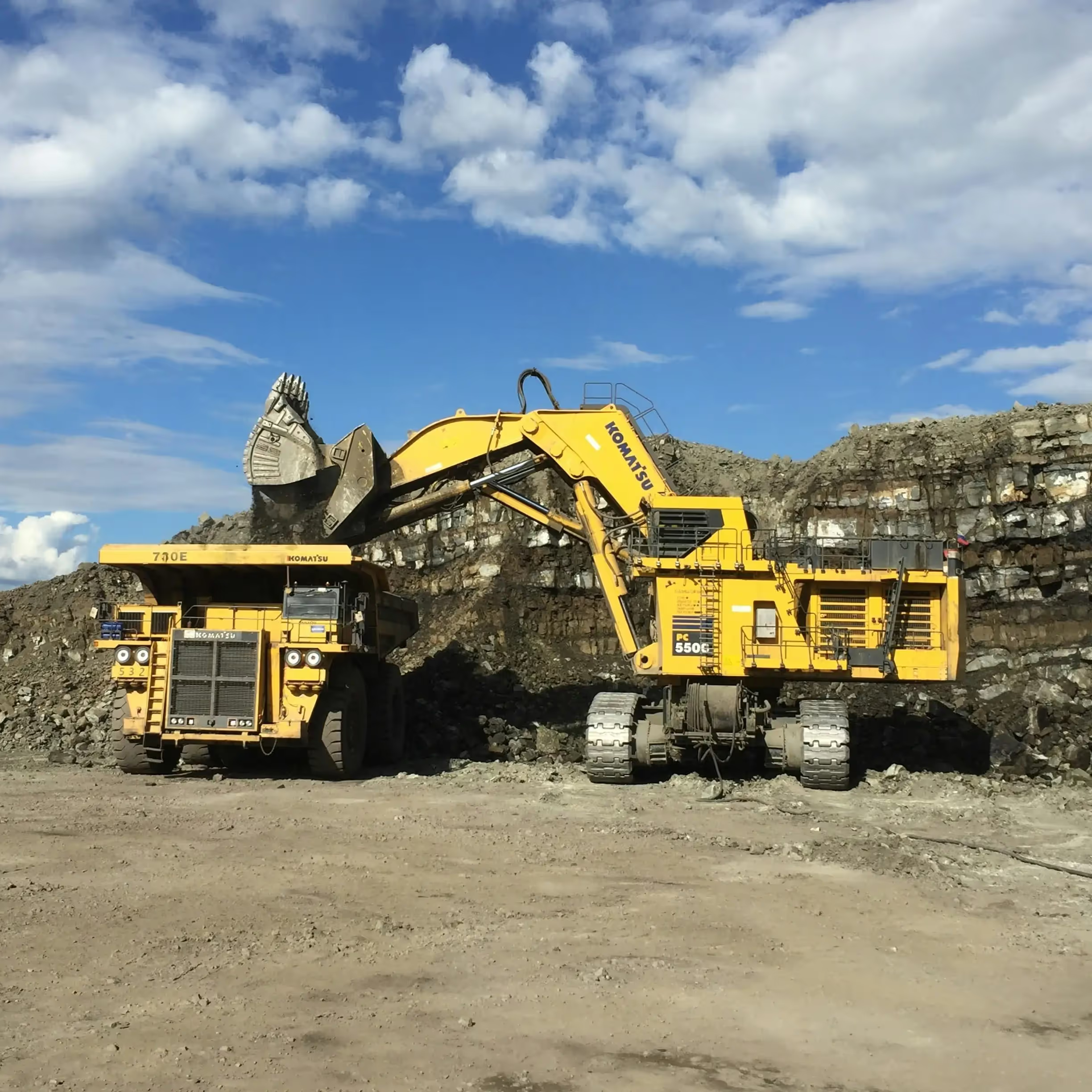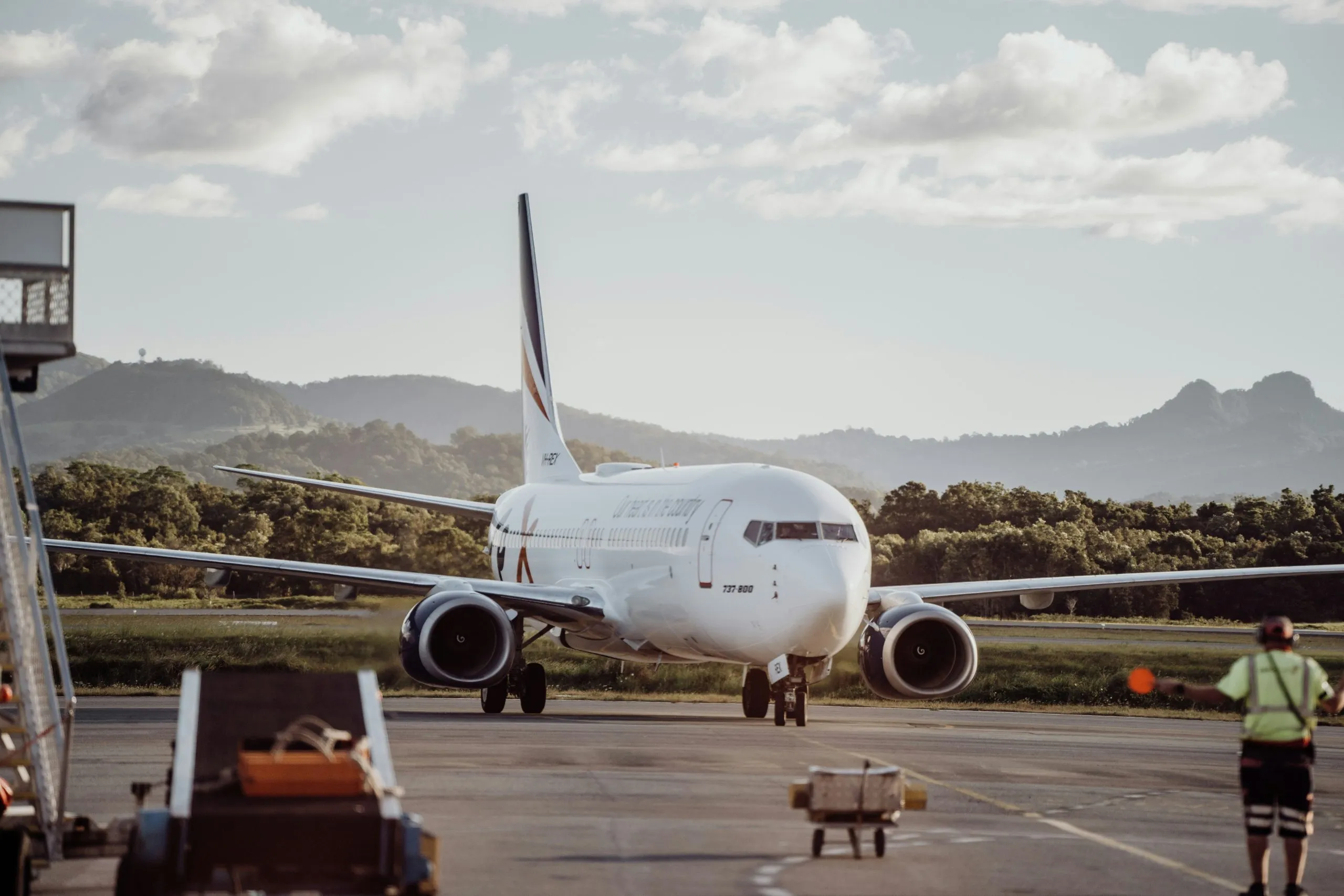Mining and resources sector insight
19
May
2025
1
min read

Mining and Resources were in the policy spotlight during the Federal Election campaign. York Park Group has summarised the major policy pledges and looked at what the Government will be focusing on within the sector.
York Park Group's Thoughts
The Australian economy is heavily reliant on mining, and access to critical minerals is a key pillar in our international relations.
The reappointment of Madeline King to the resources portfolio will be welcomed by the industry and the WA Government, however, the new metropolitan-centric Labor party room will ensure continued pressure on climate-based outcomes and high expectations for the new Environment Minister Murray Watt.
The resources sector will need to continue to thread the needle between economic benefit and environmental impact, aligning their objectives with the new political landscape.
At a whole-of-government level, they will need to continue its strategy of picking winners via the Made in Australia Fund, while also entering the resources game through targeted offtake agreements with select critical mineral resource companies.
It will be a challenge to balance competing interests across companies and resources, industry, economic, trade and national security portfolios.
Ministers
Madeline King, the Member for Brand in WA, will continue as the Minister for Resources and Minister for Northern Australia, portfolios she has been responsible for since 2022 when the Albanese Government was first elected.
Anthony Chisholm will continue as the Assistant Minister for Resources as well as Assistant Minister for Regional Development and Assistant Minister for Agriculture, Fisheries and Forestry. He was elected as the Senator for Queensland in 2016 and prior to this worked as a political strategist for Santos.
Together, Minister King and Assistant Minister Chisholm will lead the minerals aspect of Labor’s slogan “Building Australia’s Future”. Prime Minister Albanese sees critical minerals as key to fostering closer relations and tariff exemptions from US President, Donald Trump.
Murray Watt, the new Minister for the Environment and Water, will also feature prominently. The EPA was met with resistance from industry, and former Minister for the Environment, Tanya Plibersek, failed to get it legislated, reportedly following Prime Minister Albanese overruling a deal.
Minister Watt is experienced in law and politics, having been a solicitor and judge's associate before becoming Chief of Staff to former Queensland Premier Anna Bligh. His ability to manage resistance and gain support for legislating the EPA will be key.
Election Review
During the campaign, Labor announced a Critical Minerals Reserve. The policy detail on this is limited with the two key mechanisms being national offtake agreements for the government to acquire agreed volumes and selective stockpiling.
This policy is supported by the Future Made in Australia program, a $22.7 billion initiative that includes mineral processing tax incentives and schemes that support exploration.
Critical minerals describe 17 elements named rare due to difficulties extracting and refining them. They are expected to be crucial for the technologies of the future, such as electric vehicles, computer chips and advanced weapons. With the Trump Administration challenging the global world order, their value and importance to national security and sovereignty has increased.
Policies announced by Labor include:
- A Critical Minerals Strategic Reserve, with $1.2 billion of funding and another $1 billion for the existing Critical Minerals Facility which will establish national offtake agreements and selective stockpiling.
- An Economic Resilience Program to provide $1 billion of zero interest loans for firms to capitalise on new export opportunities.
Policy Continuation
Continuation centres on the Future Made in Australia Bill which includes funding of:
- $7.1 billion over 11 years in tax incentives for critical minerals production which provides 10 per cent of eligible costs associated with the production of critical minerals and rare earths.
- $566.1 million over ten years for a new Resourcing Australia’s Prosperity Program to map highly prospective regions, critical minerals, groundwater and resources.
- $448.7 million over ten years to continue an ongoing partnership with the US Geological Survey in the Landsat Next satellite project to map the surface of the earth and support mining exploration.
- $10.2 million for pre-feasibility studies to develop critical mineral common-user processing facilities.
- $5.8 million for a critical minerals trade enhancement initiative.
Labor has said a taskforce will be established to consult and finalise the scope and design of the Critical Minerals Reserve. It is expected to be operational in the second half of 2026.
The key question for the sector is what offtake agreements look like and what effect this has in supporting refinement. Currently, much of this refinement is done in China (68% of nickel, 40% of copper, 59% of lithium and 73% of cobalt), something the US under President Trump is seeking to counter.
The Same Job, Same Pay legislation was met with opposition by the sector and business groups in the last Parliament. Given this opposition and the importance Labor places on critical minerals, it is unlikely that Labor will pursue policies that will be negatively perceived. This is especially so given the increased importance of WA to the Labor vote.
Despite this, the Environment Protection Agency looms large on the horizon. The policy was abandoned in Labor’s first term, following strong opposition from both the WA Premier Roger Cook and industry in the State. Prime Minister Albanese has said they will look at this again, but it would not be “the same model”.
10
February
2026

Regional aviation in Australia: The key drivers behind current government reviews
Read news article
10
February
2026

Regional aviation in Australia: The key drivers behind current government reviews
Download White Paper
4
February
2026
.webp)
York Park Group launches transaction communications service
Read news article
4
February
2026
.webp)
York Park Group launches transaction communications service
Download White Paper






